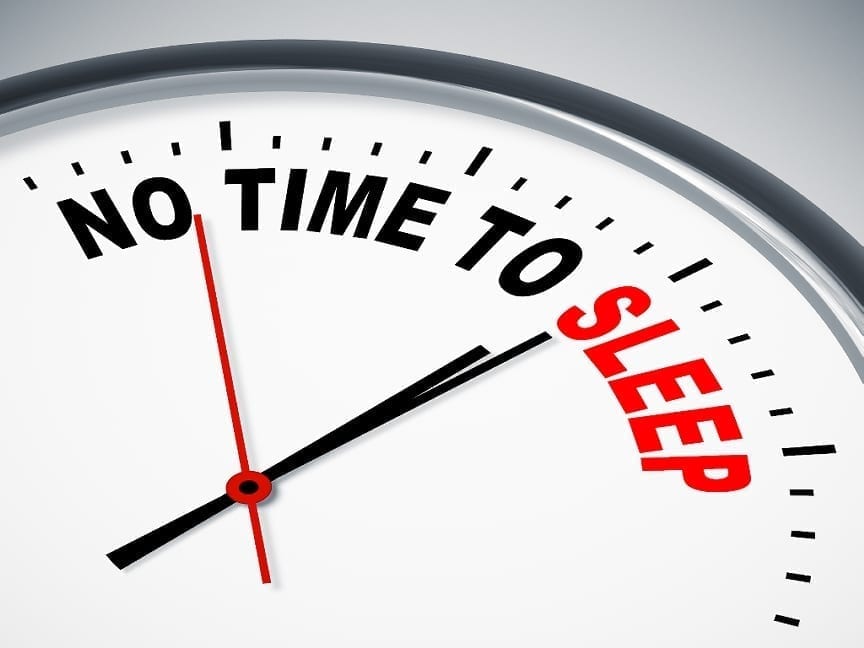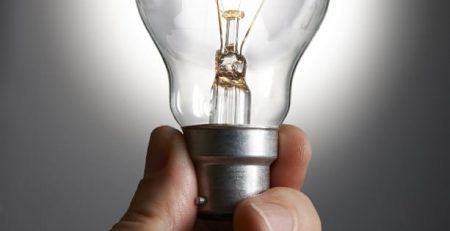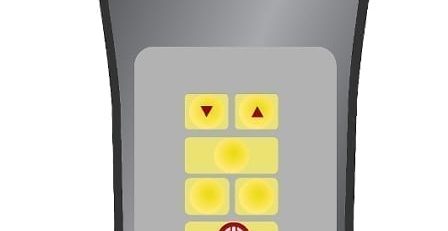Our brains don’t really “sleep”
While we sleep we do not shut off our brain completely. Although we dream we are able to filter out less important noises we hear while asleep. Dr Sid Kouider of Ecole Normale Supérieure de Paris and co-authors said, “Subjects classifying spoken words continue performing the task after falling asleep.”. Participants lied down in a dark room and responded to a stream of words by sorting them into two categories as they pressed one of the two buttons to show their choice.
When they were told to fall asleep the participants did. The button pressing stopped, but their brains did not. The researchers used a electroencephalogram (EEG) and found that parts of the brain responsible for pressing the left or right buttons continued to work as they heard the words. They lit up correctly when they heard a word in the first category the are responsible for directing the left hand lit up, while the second section lit up the other side.
Kouider and his PhD student Thomas Andrillon reported in The Conversation, “If we are able to prepare for actions during sleep, why is it that we do not perform them? What kind of processing can or cannot be achieved by the sleeping brain? Can sentences or series of sentences be processed? What happens when we dream? Would these sounds be incorporated into the dream scenery?”














